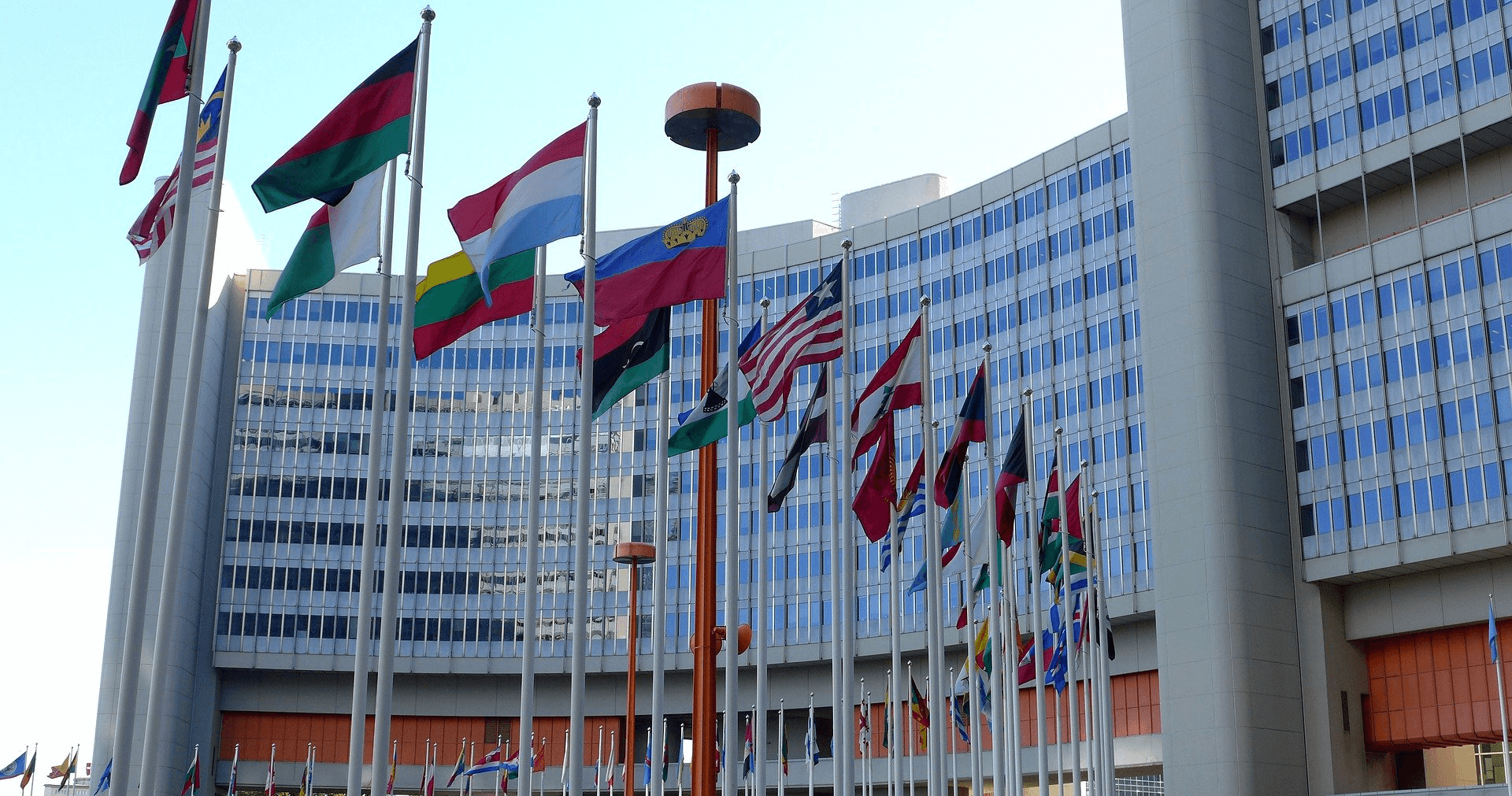
The United Nations Commission on Narcotic Drugs (CND) on Wednesday accepted a World Health Organization (WHO) recommendation to remove cannabis and cannabis resin from Schedule IV of the 1961 Single Convention on Narcotic Drugs.
The historic vote in Vienna could have far-reaching implications for the global medical cannabis industry, ranging from regulatory oversight to scientific research into the plant and its use as a medicine.
The eagerly awaited approval of Recommendation 5.1 had a slim majority in favor with 27 votes for, one abstention and 25 votes against.
The CND – the main drug policymaking body within the United Nations – turned down all five remaining recommendations.
The passage of Recommendation 5.1 carries broad symbolic significance for medical cannabis, as it could help boost medical cannabis legalization efforts around the globe now that the CND tacitly acknowledges the medical utility of the drug.
“The medical cannabis wave has accelerated in recent years already, but this will give it another boost,” Martin Jelsma, drugs and democracy program director at the Netherlands-based Transnational Institute, told Marijuana Business Daily.
“And for those countries that basically mirror the U.N. scheduling in their domestic legislation, it may lead to national descheduling and remove obstacles to use cannabis for medical and research purposes.”
The vote could encourage countries to reevaluate how cannabis is classified on their own lists of narcotic drugs, potentially paving the way for more research into medical marijuana and its use as a treatment for a variety of ailments and conditions.
“While the move doesn’t totally free the plant from treaty control, it’s a giant step toward the normalization of cannabis in medicine above all but also in our societies generally,” independent researcher Kenzi Riboulet-Zemouli of CND Monitor told MJBizDaily.
“Decades of efforts have been necessary to remove cannabis from Schedule IV, with implications that will slowly but surely be seen over the next decades.”
Drugs in Schedule IV of the 1961 treaty – where, until Wednesday, cannabis sat alongside heroin – are a subset of those already in Schedule I.
Schedule I – which includes fentanyl – already requires the highest levels of international control.
The schedules of the international drug-control conventions categorize drugs considering their medical utility versus the possible harm they could cause.
Only the 53 current member states of the CND had an opportunity to vote, but the decision applies to all signatories of the international drug control conventions.
What should not be expected is a loosening of international controls governing medical cannabis.






